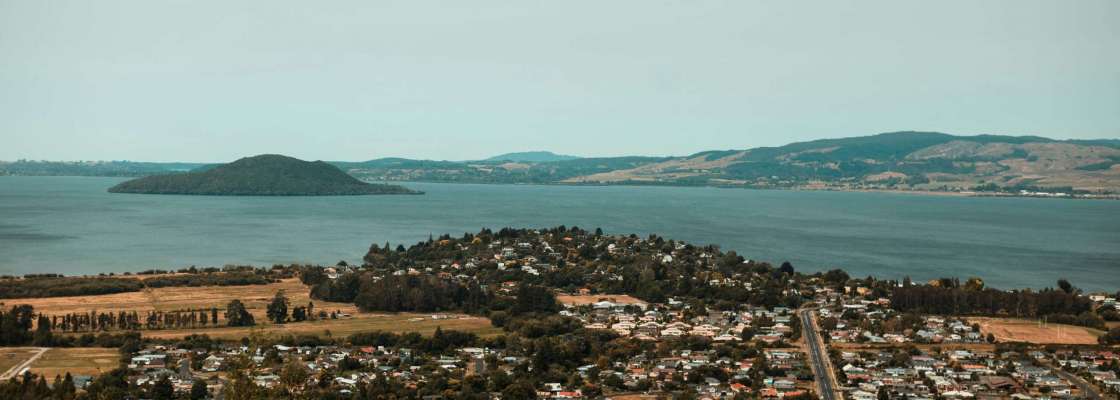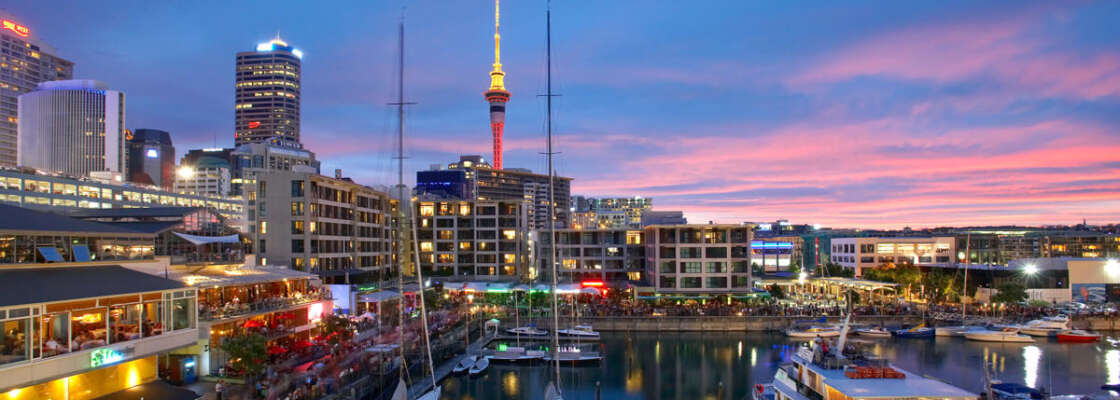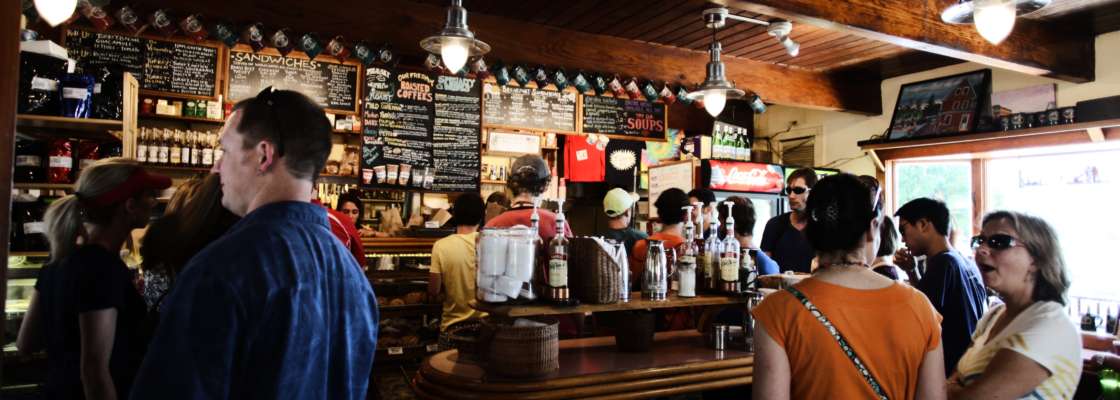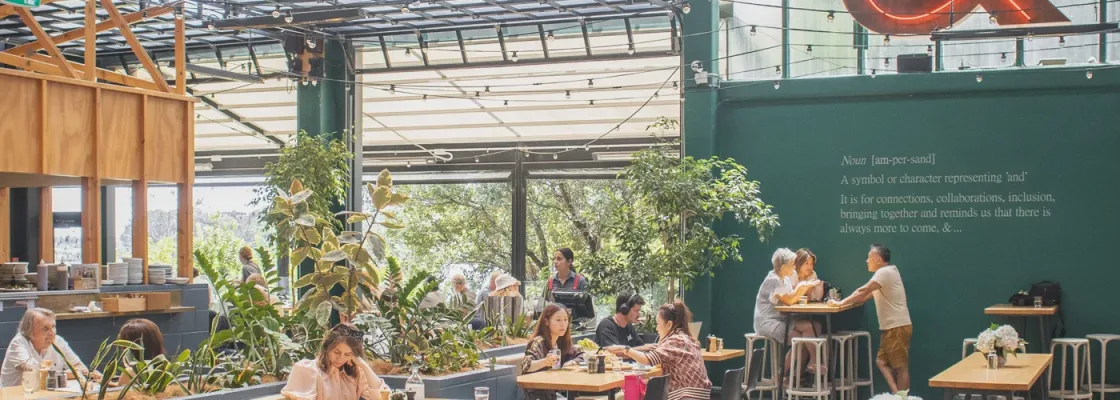March 2025
Background
The Christchurch City Council are testing some ideas that could be included in a draft Local Alcohol Policy for Christchurch and Banks Peninsula. In 2024, Christchurch City Council began to work towards development of a LAP for Christchurch and Banks Peninsula by gathering data and completing a research report. The research report identified that alcohol-related harm is occurring in some of their communities.
From this research, discussions with stakeholders, and community feedback, Christchurch City Council have identified five possible options for conditions and rules that an LAP could include. They are testing and refining these options before they draft an LAP to consult on.
The options
- Reducing trading hours for off-licence outlets at night
- Reducing trading hours for on-licence venues in suburban areas at night
- Placing a temporary freeze on new licensed venues and outlets in high deprivation areas
- Restricting new licensed venues and outlets from being located near sensitive community facilities
- Introducing a one-way door restriction for venues near closing time
- Other mechanisms to help reduce alcohol harm
Survey Questions
Reducing trading hours for off-licence outlets at night
The current latest closing time for off-licence outlets is 11pm. The Council are considering whether to reduce that to an earlier time and, if they did, whether it should be applied to all outlet types (bottle stores, supermarkets, wineries and small convenience stores) or only some. Remote (online) sellers would be exempt. Currently, only 54 of the city’s 256 off-licenced outlets hold licences requiring them to close by 9pm, 72 are allowed to sell alcohol until 10pm and 105 can sell alcohol until 11pm.
How much do you agree or disagree that Council should reduce trading hours for off licenced outlets across the city and Banks Peninsula?
- Neither agree or disagree
If we did reduce hours in the evening, what time do you think off-licences should stop selling alcohol each day? Please select a time for each type of outlet.
- Bottle store – Don’t know
- Supermarket – Don’t know
- Small grocery stores – Don’t know
- Working men’s clubs – Don’t know
- Wineries – Don’t know
- Specialty stores – Don’t know
Why did you choose those times?
The Restaurant Association strongly support the Christchurch City Council’s goal of reducing alcohol-related harm however, there is no evidence from any Council that reducing trading hours for off-licence outlets or on-licence venues reduces alcohol-related harm. We believe that any decisions regarding reducing trading hours should be evidence-based rather than intuition-based or speculative about what could reduce alcohol-related harm.
Reducing trading hours for on-licence venues in suburban areas at night
The Council are considering setting a reduced maximum trading time for on-licenced venues in suburban areas (outside of the city’s four avenues). They are excluding the central city from this potential reduced maximum trading time as they identified in their district plan that they want to encourage a vibrant central city. Licensing data indicates that if the Council were to include a reduction of trading hours to 1am in suburban areas, 78 (16%) of the 487 on-licence venues operating outside of the city centre could be affected by this option.
How much do you agree or disagree that Council should reduce the latest closing time for on-licenced venues in suburban areas?
If we did reduce the latest closing time for on-licenced venues in suburban areas, what time do you think they should stop selling alcohol? Please select a time for each type of venue.
- Nightclubs – 4am
- Pub/tavern – 4am
- Restaurants – 4am
- Cafes – 4am
- Sports clubs – 4am
- Working men’s Clubs – 4am
Why did you choose those times?
We would like to reiterate that the Restaurant Association strongly supports the Christchurch City Council’s goal of reducing alcohol-related harm, however there is no evidence from any Council that reducing trading hours for off-licence outlets or on-licence venues reduces alcohol-related harm.
We strongly disagree that Council should reduce the latest closing time for on-licenced venues in suburban areas for the following reasons:
- The risk of on-licenced venues, in particular restaurants and cafes, is significantly lower than that of off-license outlets for contributing to alcohol-related harm.
- Reducing the latest closing time for on-licenced venues in suburban areas creates a disadvantage for suburban businesses that are already struggling in the current economic climate.
- The Council have stated that there would be a limited impact as most on-licensed premises in suburban areas are not open until 4am currently. If there will only be a limited impact, we support keeping with the current Sale and Supply of Alcohol Act conditions that allow trading until 4 am.
- On-licence venues typically close earlier than those in other countries, which can lead to disappointment for tourists who are expecting late-night options. Servicing tourists should be considered when deciding to reduce the latest closing time for on-licenced venues, as this may negatively impact international visitors and the hospitality industry.
If the Council did reduce the latest closing time for on-licenced venues in suburban areas we would advocate for restaurants and cafes to be excluded from these changes based on the low-risk they pose to alcohol-related harm. Our more than 2,500-strong membership is made up of hospitality businesses where food is the hero of their operations, with alcoholic beverages offered as a supplement to their culinary experience.
Placing a temporary freeze on new licensed venues and outlets in high deprivation areas
The Council are considering a temporary freeze on new licence applications for any new venues and outlets in high deprivation areas (locations that have a score of 9 or 10 on the New Zealand deprivation index) for three years. Existing venues and outlets could still be able to renew their licence and if they changed ownership, the new owner could still obtain a new licence.
How much do you agree or disagree that Council should include a temporary freeze on new licences in high deprivation areas?
If we did include a temporary freeze on new licences in high deprivation areas, which of the following venues and outlets do you think a temporary freeze should apply to? Select all that apply.
Is there anything else you would like to tell us about how a freeze could be applied?
If the Council did implement a temporary freeze on new licence applications, the Restaurant Association believes this should not be implemented as a blanket freeze – rather, it should only apply to certain licence types. It is our position that the risk from on-licence restaurants and cafes is significantly lower than that of off-license outlets (or even other on-licences, such as night clubs). The Council should not deter restaurants and cafes from investing in high deprivation communities which is likely to occur if they are unable to obtain an on-licence.
Restricting new licensed venues and outlets from being located near sensitive community facilities
The Council are considering if restrictions should apply on how close a licenced venue or outlet is located to sensitive community facilities.
How much do you agree or disagree that Council should consider including a restriction on how close new licenced venues and outlets can be located to community facilities considered sensitive?
If we did restrict new licensed venues and outlets being located near community facilities, which of the following do you think should be considered sensitive? Select all that apply.
If yes to any of the above, Which of the following licenced venues and outlets do you think should be restricted from being close to [community facility]? Select all that apply.
If we did restrict new licensed venues and outlets being located near community facilities, how far away should a licensed venue or outlet be located from community facility that is deemed a sensitive site?
Why do you think none of the facilities listed should be considered ‘sensitive’?
Decisions regarding restrictions on proximity to sensitive sites should be evidence-based rather than based on intuition or speculation about what could reduce alcohol-related harm. It is the Restaurant Association’s position that any proximity restrictions should be considered on a case by case basis, in particular taking into account:
- The type of licence being applied for (e.g. a Class 3 Restaurant on-licence vs bottle store off-licence)
- How long a business has been operating (e.g. if an ECE or school decides to open near a licensed venue, knowing they will be near a licensed venue, the licensee should not be penalised when they come to renewing their licence).
Introducing a one-way door restriction for venues near closing time
The Council are considering if the LAP should apply a one-way door restriction for all on-licence venues. Licensing data indicates that if we did put a one-way door restriction in place at 2am, 101 venues could be affected, – 63 in the central city and 37 in suburban areas. If a reduction in trading hours for on-licence venues in suburban areas was implemented, any one-way door restriction would only apply to venues in the central city.
Do you think we should include a one-way door restriction across the city?
If a one-way door restriction was introduced, what time do you think it should be in place?
Why do you not agree with or are unsure about including a one way door restriction across the city?
The Restaurant Association agree with the Council’s aim to address alcohol-related harm by encouraging people who are drinking late into the night to consume alcohol in supervised environments; however, there is no conclusive research about whether one-way door policies work to reduce harm.
Other mechanisms to help reduce alcohol harm
Are there any other mechanisms you think Council should consider developing instead of or in addition to a LAP to help reduce alcohol related harm?
Is there anything else you would like to tell us about development of a Local Alcohol Policy.
Since 1972, the Restaurant Association has worked to offer advice, help and assistance in every facet of the vibrant and diverse hospitality industry, covering the length and breadth of the country. We’re passionate about our vibrant industry, which is full of interesting, talented and entrepreneurial people. The Restaurant Association’s priorities for local alcohol policies are as follows.
Differing licence risk profiles: Our priority for Local Alcohol Policies is to ensure that they accurately reflect the different levels of harm from off- and on- licence venues, and the potential impact of LAPs to those in our sector who operate on-licence venues and are already heavily regulated by the conditions of holding such a licence. We are not opposed to those trading conditions – in fact, we see them as commonsense rules which ensure the safe and responsible sale and supply of alcohol. As mentioned above, while our more than 2,500-strong membership is made up of hospitality businesses where food is the hero of their operations, many offer alcohol beverages as a supplement to the culinary experience they provide. In a practical sense, there are far fewer restrictions and regulations for off-licence holders in terms of the responsible sale and supply of alcohol when compared to on-licence holders. For example, when serving alcohol in an on-licence venue, staff must monitor intake and determine when they must stop service to prevent intoxication. Alternatively at an off-licence venue, customers can purchase as much alcohol as they want, to take home and then consume as much as they want without any concerns. It is clear that a large part of enabling that problem comes from the proliferation of off-licence venues, and those on-licence venues whose primary business is not food.
Modernising approaches to Restaurant licensing: There is a risk of LAPs impacting the food and beverage sector of hospitality by regulating through broad “on-licence” and “off-licence” categorisation, and we submit there is a need to consider the differing risks posed by sub-class of licences. We would like to see LAPs be more specific, where for example, when considering any kind of restriction or regulation (such as one way door policies, proximity and density rules or time of sale restrictions), that conditions be set by specific license type, rather than taking a blanket on licence or off-licence approach to regulation.
Restrictions on the number and location of licensees: Please refer to our answer to ‘Placing a temporary freeze on new licensed venues and outlets in high deprivation areas’ and ‘Restricting new licensed venues and outlets from being located near sensitive community facilities’.
Conditions relating to minimum numbers of qualified managers: Some Councils have adopted (or are looking to adopt) a discretionary condition whereby the DLC and ARLA are recommended to consider imposing conditions that specify a minimum number of certified managers be present onsite, if appropriate for large capacity premises at peak times. The exact number would depend on the layout, use and capacity of the premises. This condition fails to recognise the current cost and administrative burden associated with becoming a licensed manager, with those barriers often imposed by the DLC and ARLA themselves. We do not support the imposition of minimum numbers of certified managers without first reforming restrictions around who can hold a managers’ licence, to ensure that we have the appropriately certified workforce available.
Renewal of licences: There is no reason that a licence renewal should be as cumbersome as a new licence application, yet both applicants and councils are facing significant administrative burdens for every licence renewal. The Restaurant Association recommends the Council consider adopting third-party accreditation programmes, such as HospoCred, to streamline application and renewal processes for hospitality businesses. This could be utilised in conjunction with current council processes: by checking whether any complaints or infringements have been recorded against an applicant in the Council’s own database, and then utilising the comprehensive vetting and benchmarking offered by the HospoCred accreditation programme, local and central governments can streamline workflows, reduce costs, and build stronger partnerships with the hospitality industry.
Hours of trade: Compared to international standards, New Zealanders traditionally eat dinner and go to bed earlier than many countries around the world. As an industry that relies heavily on international tourism to thrive, our hospitality businesses need to be able to make operating decisions that service a wide variety of customer preferences – from the regular who lives down the road, to the group of friends visiting from overseas who are looking for somewhere to sit down for dinner at 10pm. We’re proud of the contribution our businesses make to our vibrant towns, cities and communities – but we need policy settings to enable that to continue. As such, we recommend that any hours of trade are set by specific licence type, to enable those low-risk restaurants to service an increasing number of tourists looking to eat later in the evening than what we would consider usual.
Thank you for the opportunity to provide feedback on your draft local alcohol policy. We would be happy to discuss any part of this submission in more detail, and to provide any assistance that you may require.










